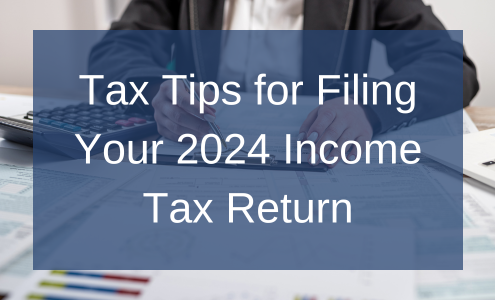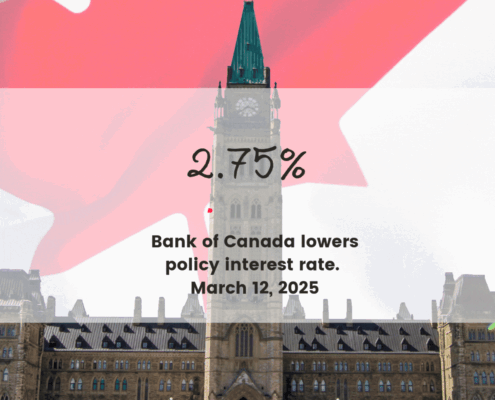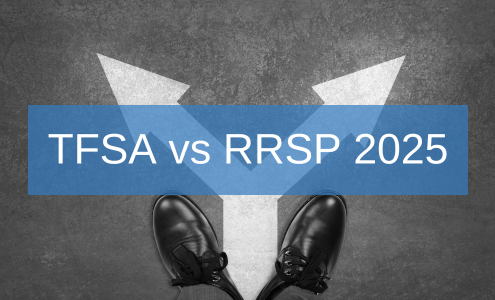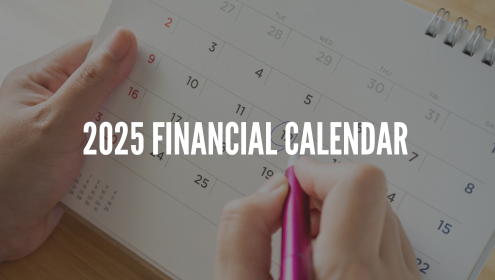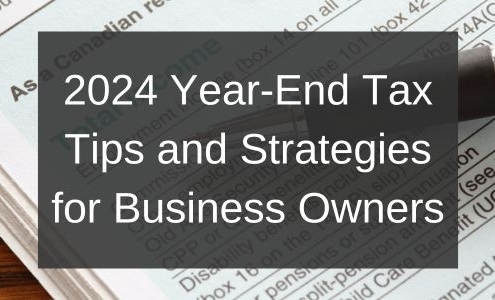RDSP
Key features of RDSPs
A Registered Disability Savings Plan (RDSP) is a means of supporting those who are disabled and in receipt of Disability Tax Credit to save for the future. Here are some important things to know about these savings plans:
- The person who is registered as disabled and who will benefit from the savings in the future is known as the beneficiary.
- The person who opens and manages the plan on an ongoing basis is known as the plan holder. The beneficiary and plan holder can be the same person or different people.
- Payments can be made into the RDSP until the beneficiary is 59 years of age.
- Holding an RDSP does not mean that a beneficiary is no longer eligible to receive disability benefits.
- There is a lifetime contribution ceiling of $200,000 into the plan but there isn’t an annual cap on the value of contributions.
- While there is no tax due on the investment earnings as long as they remain in the plan and are not withdrawn, the contributions are not tax deductible.
- There are a couple of federal schemes i.e.: the Canada Disability Savings Grant and the Canada Disability Savings Bond, which the beneficiary may be eligible to receive government contributions into the RDSP from.
- Regular payments must be taken from the plan by the time the beneficiary reaches the age of 60.
- The savings held in the plan can be invested in a variety of different ways, depending on where the plan is opened.


